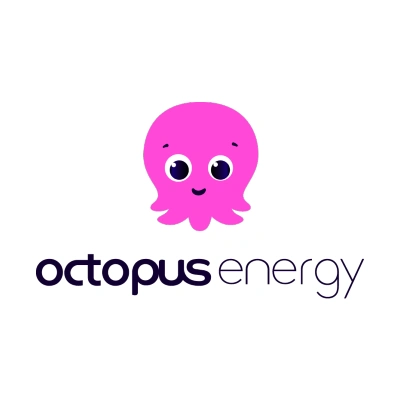Understanding Octopus Energy and Its Impact on the Energy Sector

Introduction
Octopus Energy has emerged as a leading player in the UK energy market, championing a shift towards affordable and sustainable energy solutions. Founded in 2015, the company has made significant strides in promoting green energy and challenging traditional energy providers.
The Rise of Octopus Energy
From its inception, Octopus Energy focused on harnessing renewable energy sources and leveraging technology to improve customer experience. The company sources energy primarily from wind, solar, and hydroelectric power, facilitating a greener energy alternative for households and businesses. As of 2023, Octopus Energy has garnered over 4 million customers and is recognised as one of the UK’s fastest-growing energy suppliers.
Innovative Business Model
Octopus Energy’s business model is noteworthy for its emphasis on transparency and customer service. Unlike many conventional energy companies, Octopus operates on a simple pricing structure and offers flexible tariffs, allowing customers to choose plans that best suit their consumption patterns. Their unique “Agile Octopus” tariff, for example, provides real-time pricing that fluctuates based on demand, encouraging users to shift consumption towards off-peak times. This model not only saves customers money but also helps to reduce pressure on the energy grid during peak hours.
Partnerships and Expansion
In recent months, Octopus Energy has expanded its international reach, entering markets in the United States and Europe. This move aims to replicate its successful business model while promoting renewable energy solutions globally. The company has also formed strategic partnerships with various organisations, including electric vehicle providers, to enhance its services and customer offerings.
Community Initiatives
In addition to its commercial ventures, Octopus Energy is actively involved in community initiatives promoting energy efficiency and renewable energy adoption. The company has launched educational programmes aimed at informing consumers about energy usage and sustainable practices, reinforcing its commitment to fostering a greener future.
Conclusion
As the energy landscape continues to evolve, Octopus Energy stands out as a beacon of innovation and sustainability. The company’s commitment to providing affordable green energy, coupled with its customer-centric approach, positions it as a significant player in the transition towards a cleaner energy future. With ongoing expansion and a strong emphasis on community engagement, Octopus Energy is poised to influence both the UK and global energy markets for years to come.









